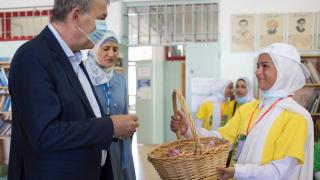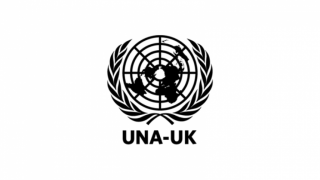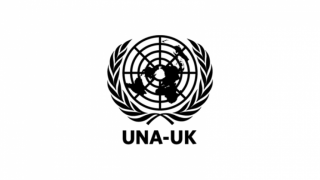
Earlier this month, 4 November, the United Nations APPG and the Britain-Palestine APPG were pleased to welcome Philippe Lazzarini (Commissioner-General of the UN Relief and Works Agency) for a parliamentary briefing focused on the challenges facing UNRWA and its work with Palestine refugees.
Mr Lazzarini was appointed to his role by UN Secretary-General António Guterres in March 2020. He brings to UNRWA over 30 years of experience in humanitarian assistance and international coordination in conflict and post-conflict areas, including through prior postings as Deputy UN Special Coordinator for Lebanon (UNSCOL) and Deputy Special Representative for Somalia.
UNRWA was established by the UN General Assembly in 1949, following the 1948 Arab-Israeli conflict, to carry out direct relief and works programmes for Palestine refugees. When the Agency began operations, it was responding to the needs of about 750,000 Palestine refugees. Today, 5.6 million Palestine refugees are eligible for UNRWA services and, in absence of a sustainable solution, the General Assembly has repeatedly renewed UNRWA's mandate - most recently extending it to June 2023.
Despite a renewed mandate, however, Mr Lazzarini briefed parliamentarians about the significant challenges faced by UNRWA - both on the ground and in terms of Agency funding and support.
Four of the five areas where UNRWA operates and provides services are currently in crisis: Lebanon, Jordan, Gaza and the West Bank. For the refugees in those areas, UNRWA remains a vital safety net, a provider of necessary services and a source of stability. Currently the Agency provides primary healthcare for millions of individuals, as well as schooling for half-a-million children. It is also the only public education provider with a human rights curriculum and which has ensured gender parity in its education facilities.
With COVID-19 exacerbating conditions on the ground, Mr Lazzarini highlighted UNRWA’s swift response to the pandemic, which reflected the Agency’s agility in adapting to remote service provision as well as the fact that UNRWA staff are locally based and part of the communities in which they work. He spoke about UNRWA’s work with the government in Jordan, to ensure that refugees are included in pandemic response alongside the local population. He noted there were concerns about the COVID-19 situation in Gaza and Lebanon, as well as in Syria, given very limited information.
Mr Lazzarini also spoke about the Agency’s financial and political challenges. Developments in domestic politics in donor countries have had an impact on support and funding for UNRWA. Historically a strong contributor - politically and financially, the UK had stepped in to make up the funding shortfall a few years back. However, UK contributions have decreased 60 per cent this year, compared with 2018 levels, as a results of reductions in Official Development Assistance. These reductions have hit UNRWA hard, further eroding the predictability of funding and impacting their longer-term service provision, which is distinct from shorter-term humanitarian work. Whilst the Agency is by no means the only victim of funding cuts, it is not well placed to absorb them given its already precarious position as well as its relatively small size fundraising machinery.
Mr Lazzarini noted that there is encouragement from the reengagement of the United States in financial contributions, which announced earlier this year its commitment to contribute $150 million. But UNRWA faces a hugely challenging situation, having cut around $500 million from its budget over the last five years, at a time when the services and protection it provides to millions of refugees is more necessary than ever.
Concluding his briefing to both the UN and the Britain-Palestine APPGs, Mr Lazzarini highlighted this current situation faced by the UNRWA and stressed the importance of the UK not disengaging. UNRWA requires political support and long-term financial commitments to continue providing the vital services and stability which it does not just for refugees but for the region as a whole.
Not only would collapse of the Agency leave half-a-million children without school and millions without primary healthcare, it would also generate a sense of abandonment amongst Palestine refugees by international community – promoting further instability and undermining the security and stability in the region and potentially beyond.
Photo: UNRWA Commissioner-General Philippe Lazzarini at the conclusion of the 2021 summer camp activities for Palestinian refugee children. Source: UNWRA Twitter






